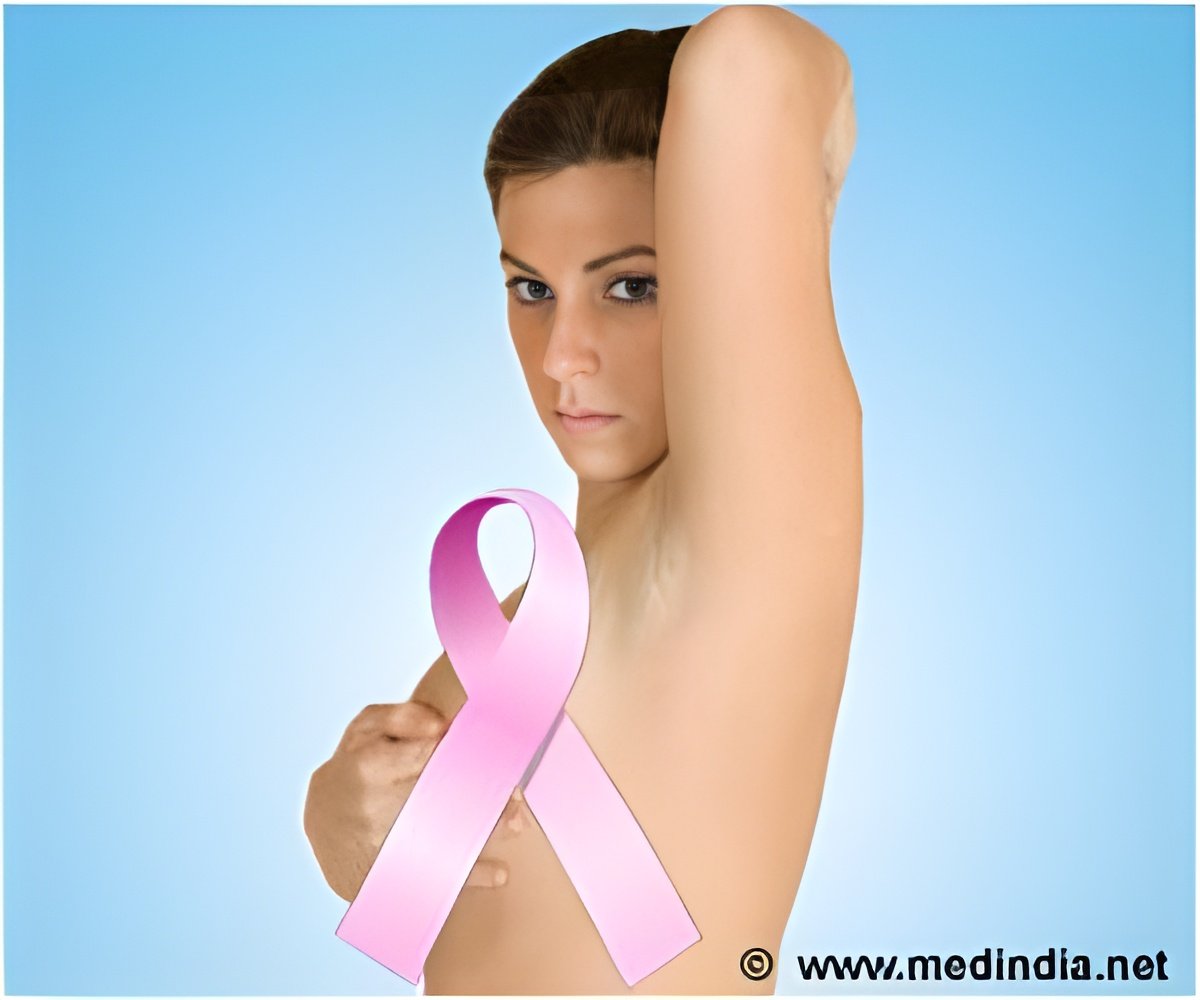Two recent studies have found that Cutaneous nevi, commonly known as moles, may be a novel predictor of breast cancer

In the Nurses' Health Study, Han and colleagues asked study participants to report the number of nevi >3mm on their left arm at the initial assessment. They observed that women with 15 or more nevi were 35% more likely to be diagnosed with breast cancer than women who reported no nevi, corresponding to an absolute risk of developing breast cancer of 8.48% in women with no nevi and 11.4% for women with 15 or more nevi. In a subgroup of women, they observed that postmenopausal women with six or more nevi had higher blood levels of estrogen and testosterone than women with no nevi, and that the association between nevi and breast cancer risk disappeared after adjustment for hormone levels.
In the E3N Study, including mostly teachers, Kvaskoff and colleagues asked study participants to report whether they had no, a few, many, or very many moles. They observed that women with "very many" nevi had a 13% higher breast cancer risk than women reporting no nevi, although the association was no longer significant after adjusting for known breast cancer risk factors, especially benign breast disease or family history of breast cancer, which were themselves associated with nevi number.
These studies do not suggest that nevi cause breast cancer, but raise the possibility that nevi are affected by levels of sex hormones, which may be involved in the development of breast cancer. The findings do suggest that the number of nevi could be used as a marker of breast cancer risk, but it is unclear whether or how this information would improve risk estimation based on established risk factors. The accuracy of the findings is limited by the use of self-reported data on nevus numbers. Moreover, these findings may not apply to non-white women given that these studies involved mostly white participants.
In a linked Perspective, Barbara Fuhrman and Victor Cardenas discuss the potential implications of the findings from these studies. They say: "Additional studies should be carried out to investigate melanocytic nevi and other cutaneous features in association with the risks of breast cancer and other estrogen-related proliferative diseases. It is our hope that this research will provide etiologic insights and test practical uses of nevi and related phenotypes for their potential utility in breast cancer risk assessment."
 MEDINDIA
MEDINDIA


 Email
Email










